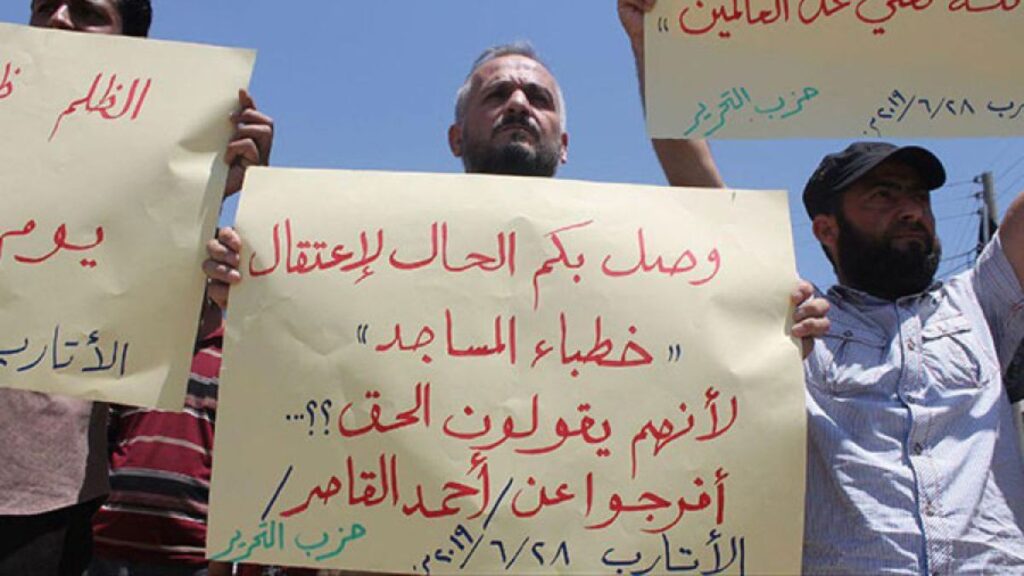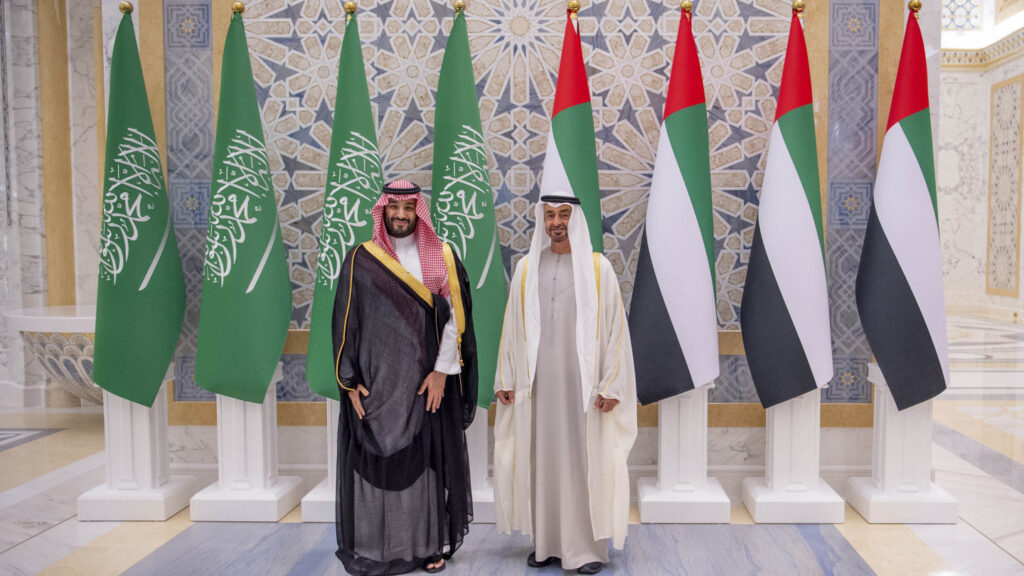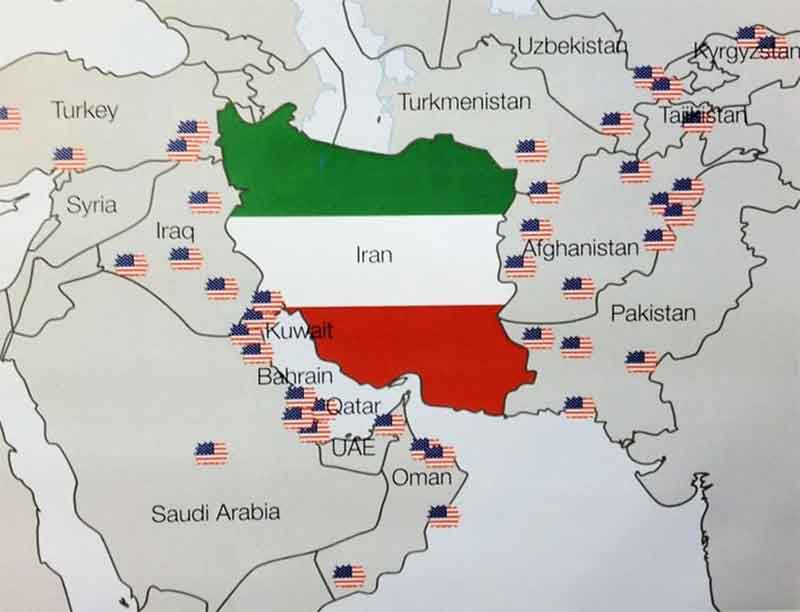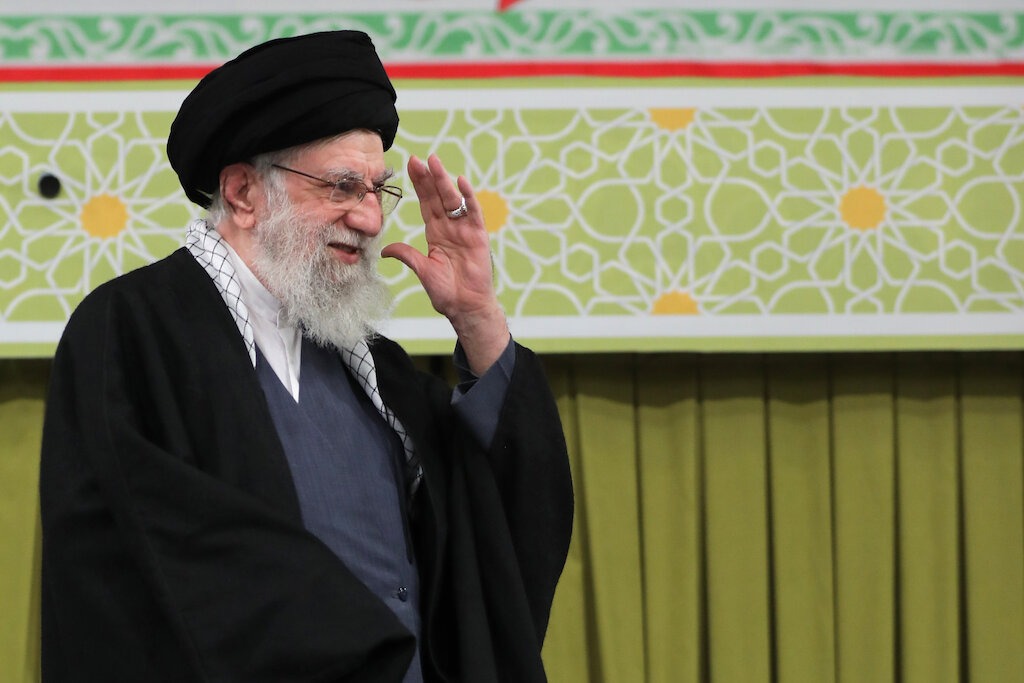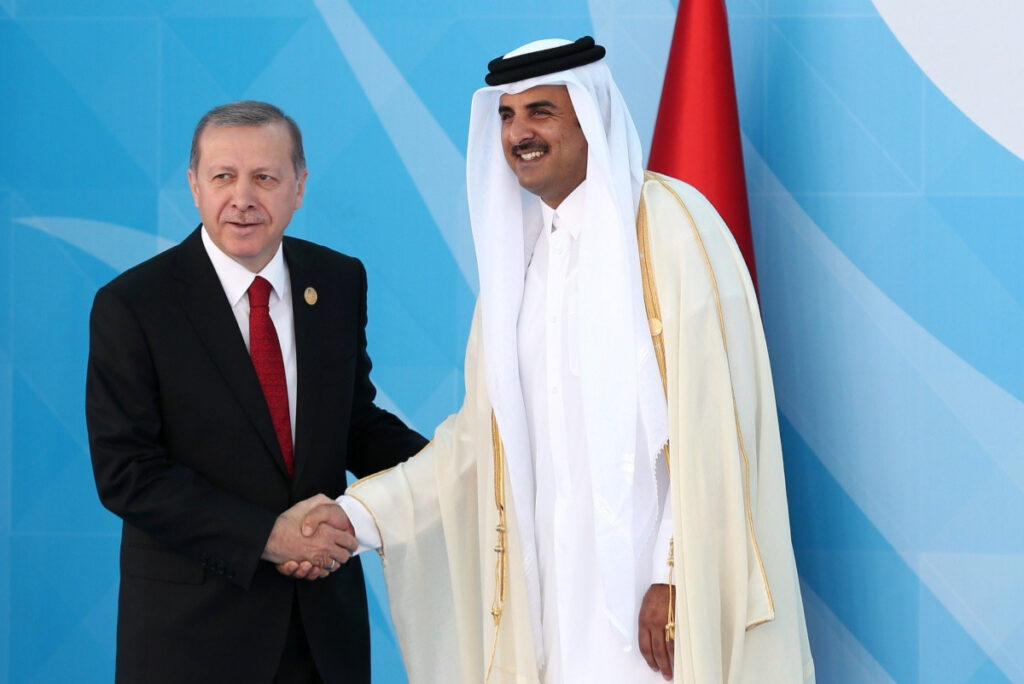Israel Approves Registration of Occupied West Bank Land as ‘State Property’
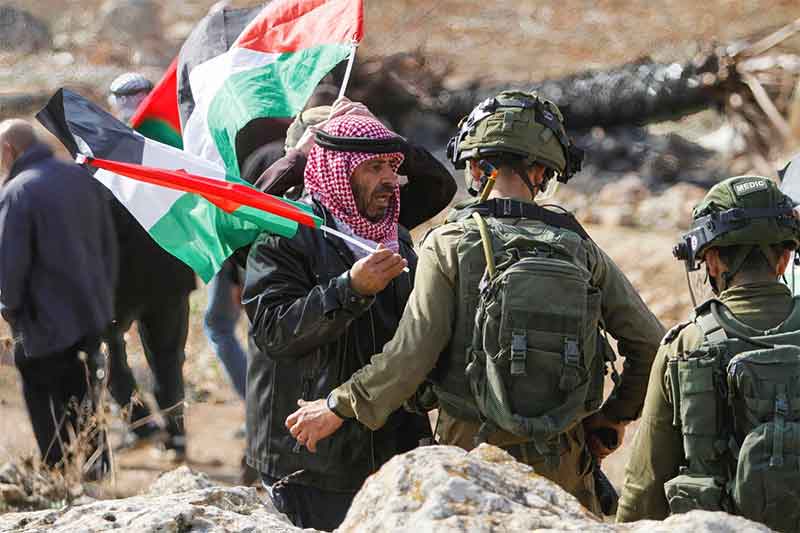
Occupied West Bank (QNN)- Israel has approved, for the first time since 1967, the registration of land in the occupied West Bank as “state property”, a move that will facilitate the dispossession and displacement of Palestinians, violate international law, and “bury the idea of a Palestinian state.”

